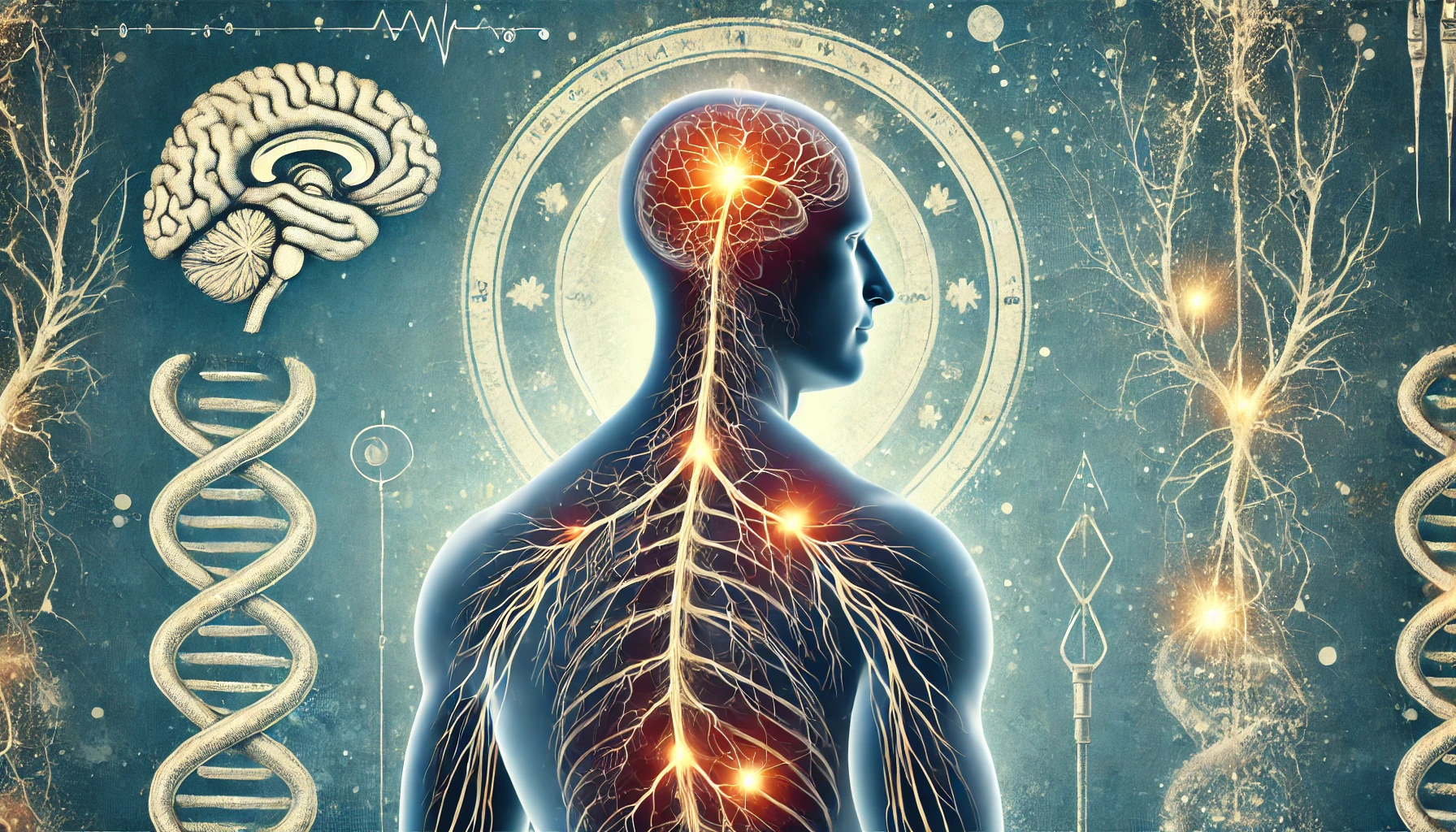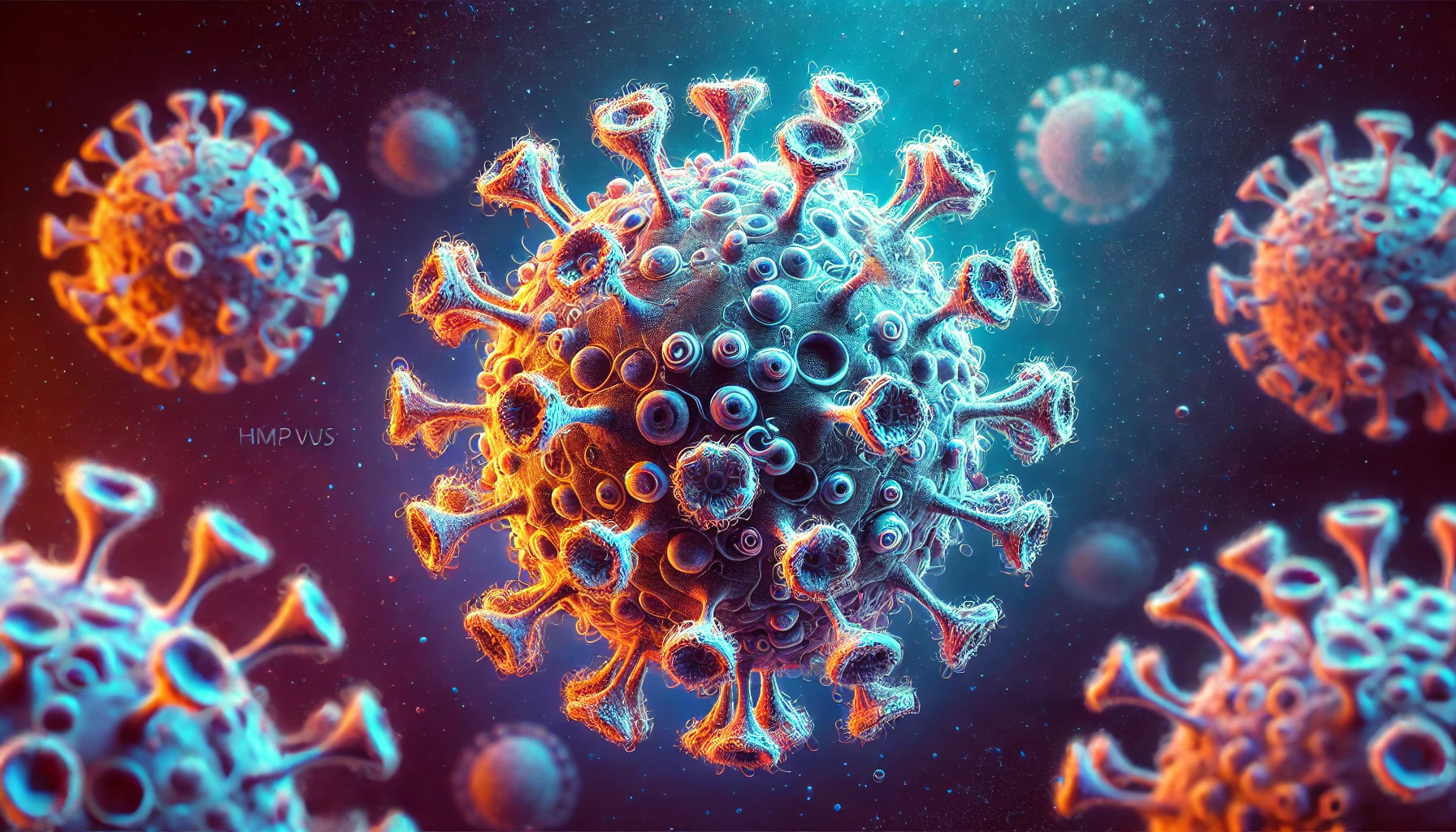Category: Featured
-
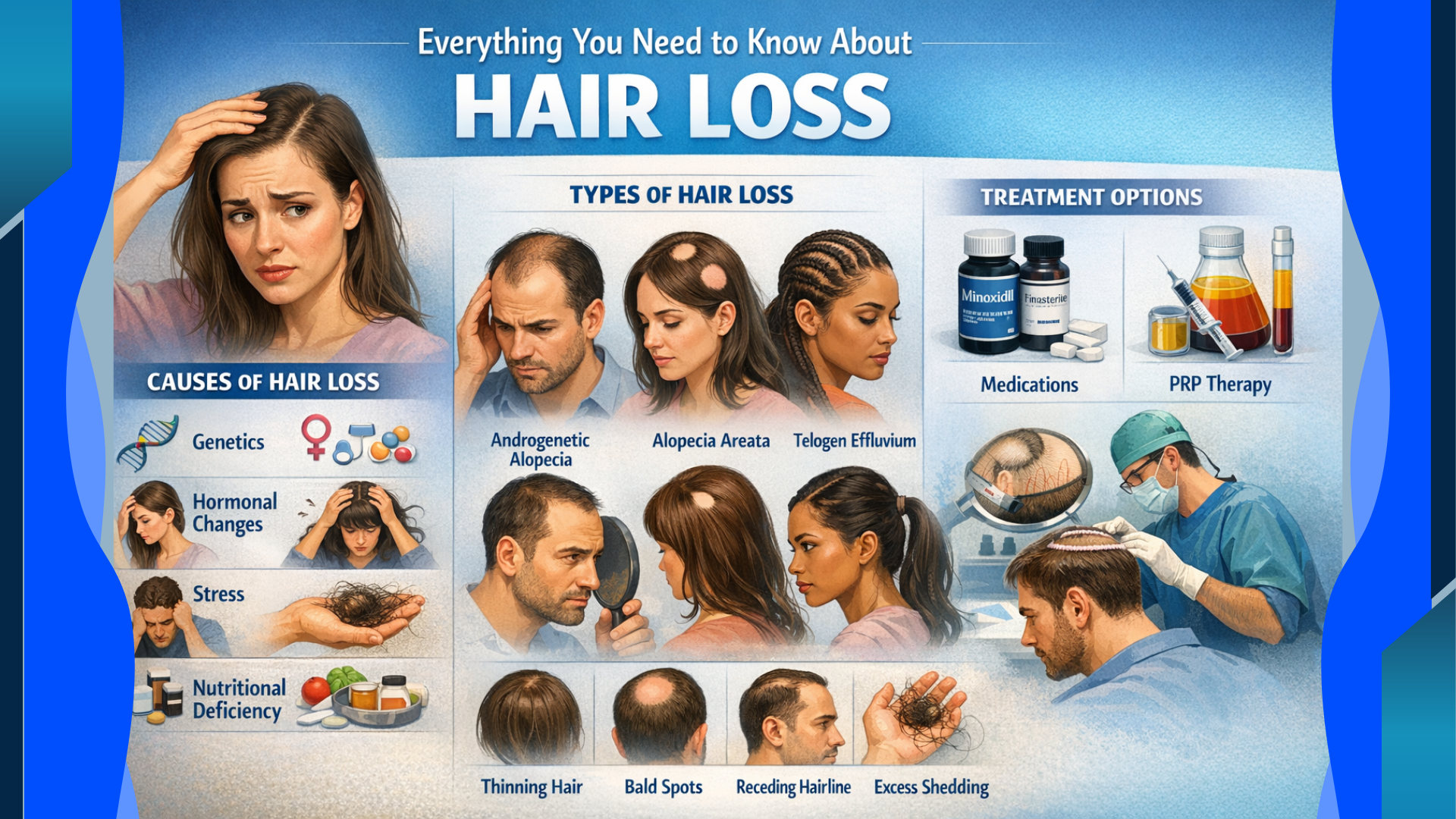
Hair Loss: Everything You Need to Know About Hair Loss?
Hair loss is a common concern affecting millions of men and women worldwide. While losing a few strands daily is normal, excessive or sudden hair fall can be distressing and may signal an underlying issue. Understanding the causes, types, and treatment options for hair loss can help you take timely and effective action. What Is…
· Featured -

Type 2 diabetes
Type 2 Diabetes Type 2 Diabetes is a chronic metabolic condition characterized by elevated levels of glucose (sugar) in the blood due to insulin resistance and/or inadequate insulin production. Unlike Type 1 diabetes, which is an autoimmune condition where the body attacks insulin-producing cells in the pancreas, Type 2 diabetes typically develops over time and…
· Featured -
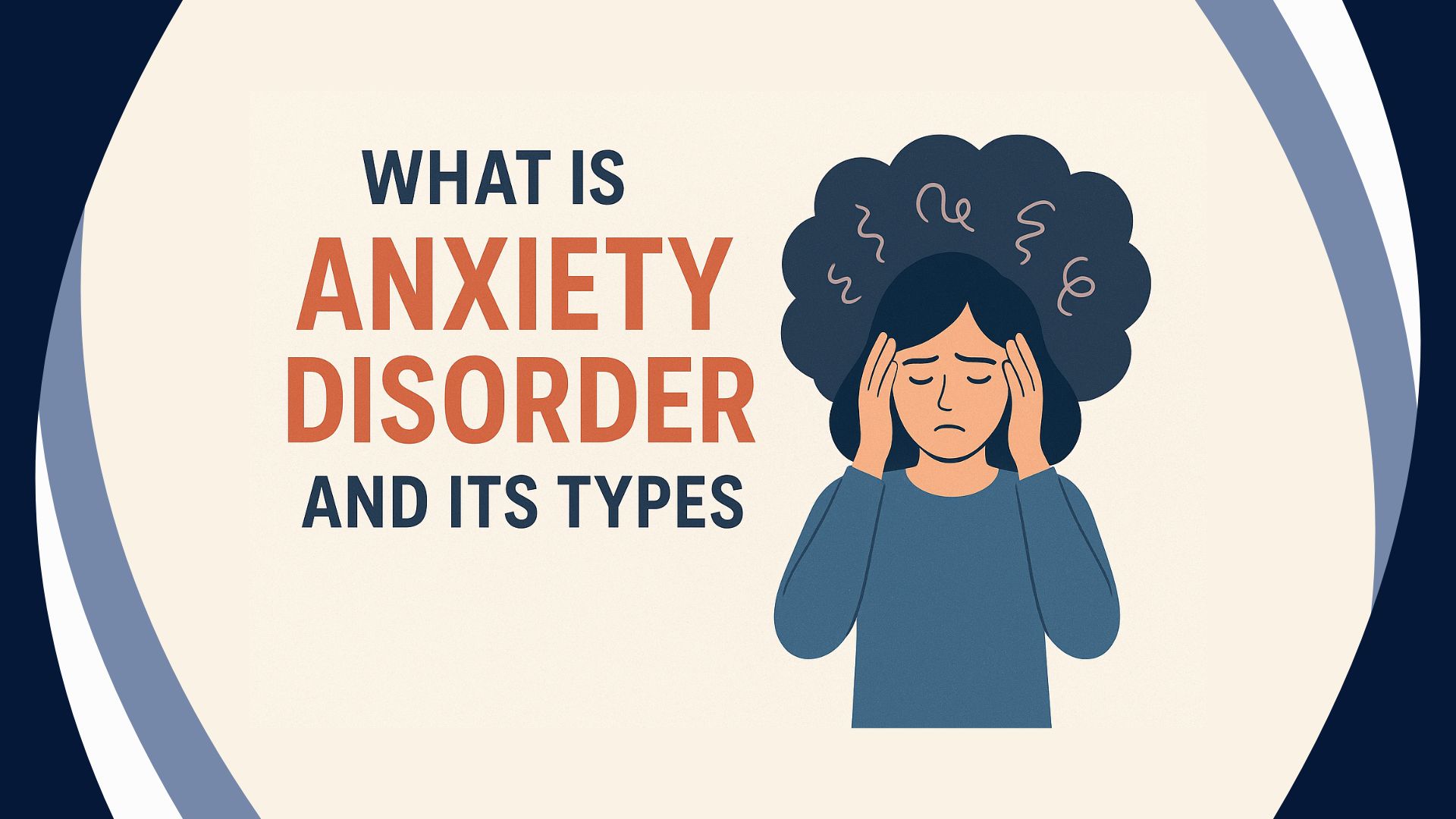
What is Anxiety Disorder and it’s types?
Anxiety Disorder Anxiety Disorder are a group of mental health conditions characterized by excessive worry, fear, or anxiety. These feelings are often intense and persistent and can interfere significantly with daily life. There are several types of anxiety disorders, including: Anxiety disorders can vary widely in severity and how they impact individuals. They are typically…
· Featured -

Hair Fall
Everything you need to know about Hair fall Reasons? Hair fall or thinning hair can be caused by a variety of factors; in particular, these include genetic predisposition as well as lifestyle habits. Therefore, it is important to understand the underlying causes, as it can significantly help in finding the most effective approach to treatment…
· Featured -
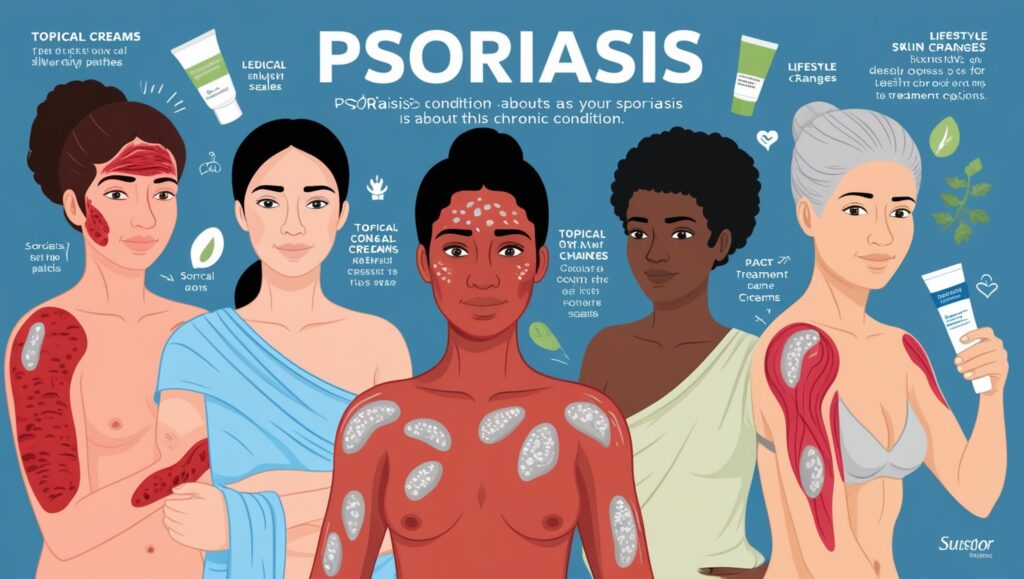
Psoriasis
Psoriasis Psoriasis, a chronic skin condition, involves the rapid growth of skin cells, leading to the formation of thick, scaly patches on the skin. These patches, called plaques, are often red, inflamed, and covered with silvery-white scales. While psoriasis patches can appear anywhere on the body, they typically occur on the scalp, elbows, knees, and…
· Featured -

Androgenic Alopecia
What is Androgenic Alopecia ? Androgenic alopecia, often called male or female pattern baldness, is a common type of hair loss that can affect both men and women. Here’s a simple breakdown: What Causes Androgenic Alopecia ? How Androgenic Alopecia Looks? How Androgenic Alopecia Diagnosed ? Treatments for Male Pattern Baldness: Please start taking your…
· Featured -
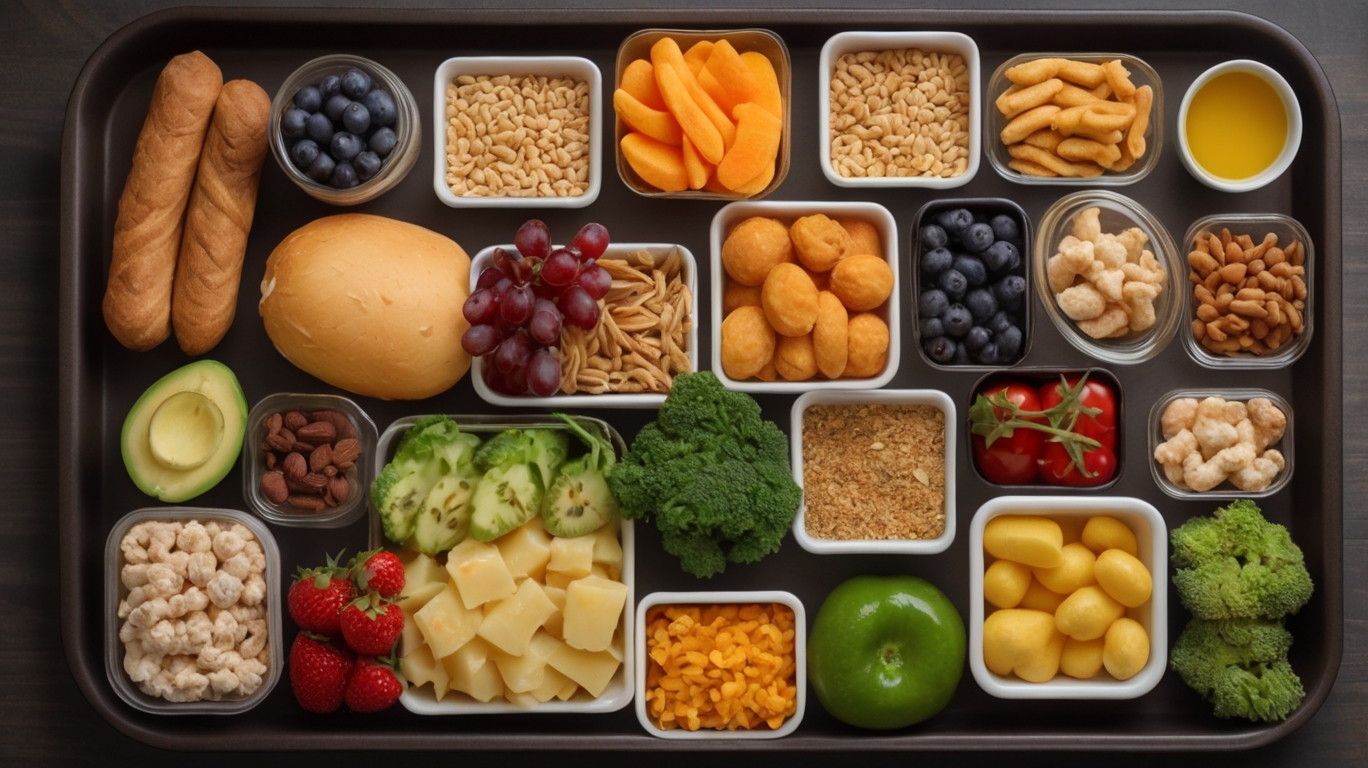
Boost Your Immunity with These 16 Dietitian-Recommended Foods
Boost Your Immunity with These 16 Dietitian-Recommended Foods A strong immune system is your body’s natural defence against illness and infection. While no single diet can prevent disease, adding certain nutrients to your diet can help boost your immune health. Nutritionists emphasise the importance of a balanced diet filled with vitamins, minerals, and antioxidants. Boost…
· Featured -

5 Foods That Naturally Decrease Cortisol level, the Stress Hormone
5 Foods That Naturally Decrease Cortisol level, the Stress Hormone Cortisol, often called the “stress hormone,” plays a vital role in the body’s response to stress. While acute increases in cortisol can be beneficial in certain situations (such as during the fight-or-flight response), chronically high cortisol levels can lead to negative effects, including anxiety, weight…
· Featured
